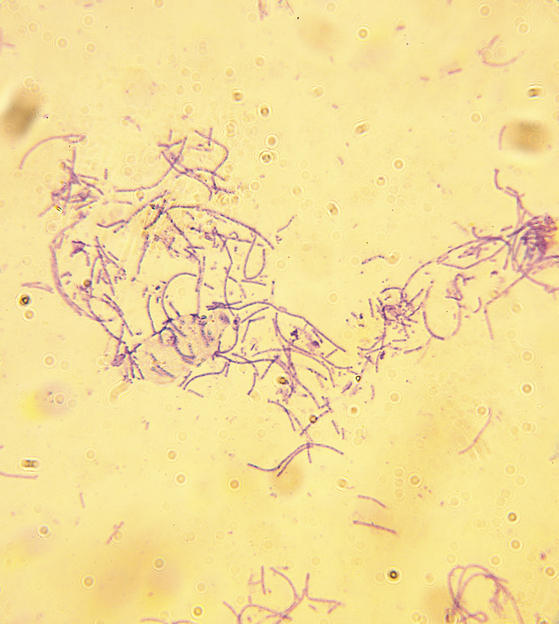Korea is expected to become one of three nations that have succeeded in developing an anthrax vaccine after developing the vaccine for 26 years.

The Korea Disease Control and Prevention Agency (KCDA) said Thursday that it will apply for a product license for a domestically developed anthrax vaccine to the Ministry of Food and Drug Safety after recently completing the phase 2 clinical trial.
If approved, Korea will be the third country in the world to successfully develop a human anthrax vaccine after the U.S. and the U.K.
Notably, KDCA stressed that Korea will actually become the second country to commercialize anthrax vaccines after the U.S. because the U.K. has not commercialized its vaccine despite developing it.
According to the KDCA, anthrax vaccine research began in 1997 in Korea, and the following year, a production strain was developed and patented. In 2002, it began joint development with GC, completing a phase 1 clinical trial in 2009 and a phase 2a study in 2012.
The phase 2 study began in June 2021 and was recently completed.
As anthrax is a high-risk pathogen, it cannot be tested on people, which means it can be replaced by an alternative phase 3 test on animals according to the Animal Rule, which allows for the approval of drugs and licensure of biological products when human efficacy studies are not ethical.
Anthrax, a zoonotic disease, is classified as a Class 1 infectious disease, which includes the highest-risk infectious diseases and those with bioterrorism potential.
While the disease is primarily seen in herbivores, humans can become infected through the skin or respiratory tract when they eat or handle infected animals.
In Korea, anthrax has been reported in several clusters and sporadic outbreaks since 1952, with the last reported outbreak in 2000, killing two people.
“Anthrax is not only a legal infectious disease but also a pathogen that can be used for bioterrorism, which is why we developed a vaccine for both response and preparedness as a national stockpile medicine,” said Kim So-hyun, a researcher at the KDCA’s high risk pathogens division. “Simply having an anthrax vaccine means that we can respond to bioterrorism events, which will act as a deterring factor for any possible bioterrorism events.”
Kim also stressed that the development of the vaccine is also significant in terms of vaccine sovereignty.
“Currently, all anthrax vaccines are imported from the U.S.," said Kim. "However, as we have our own vaccine, we can now use our own vaccines in case of a bioterrorism event.”

